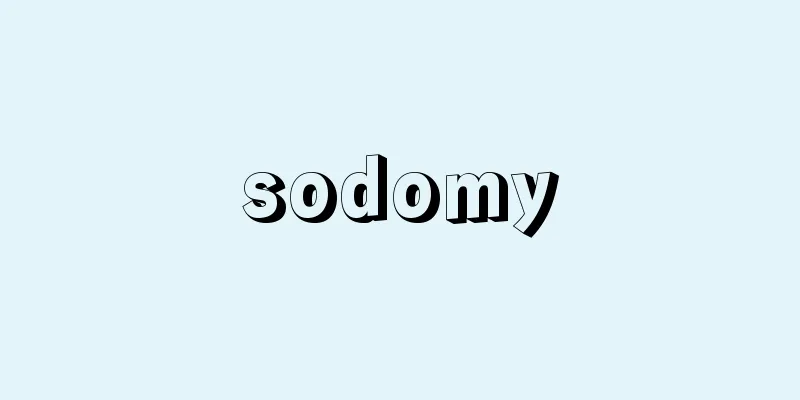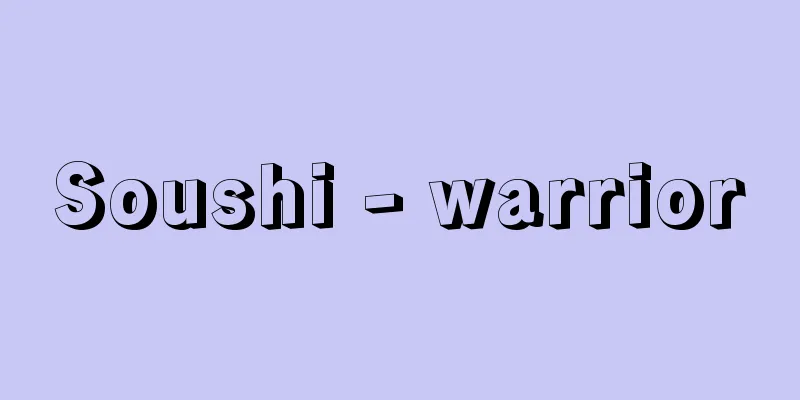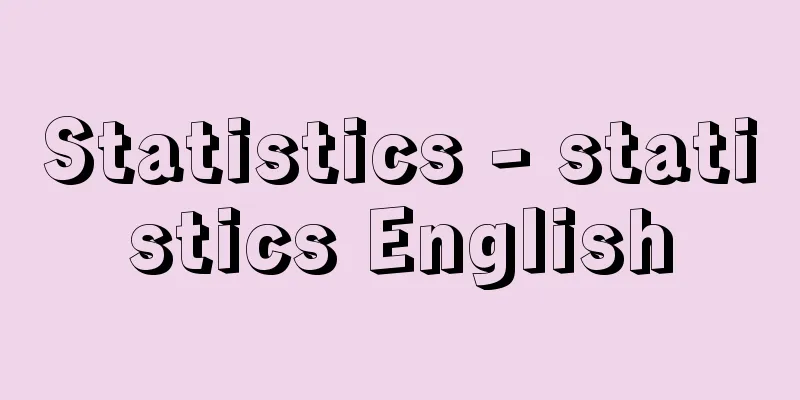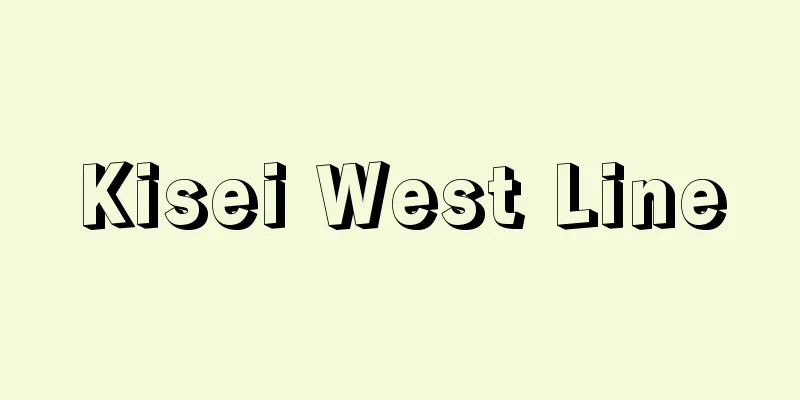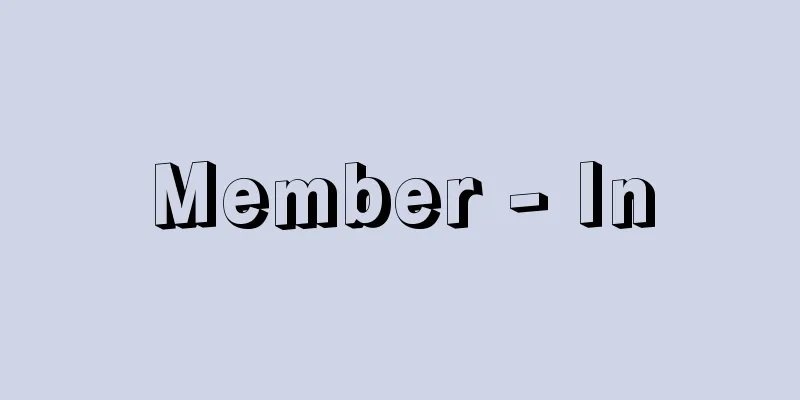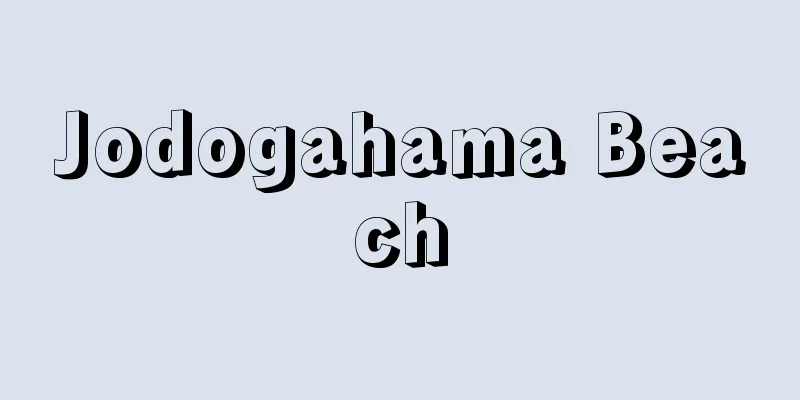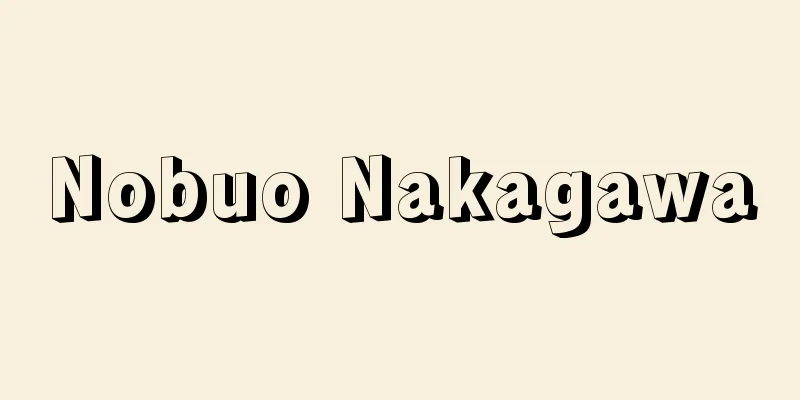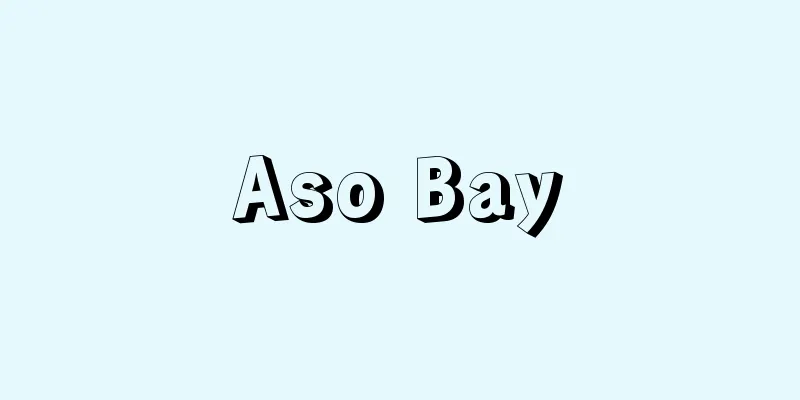Political education
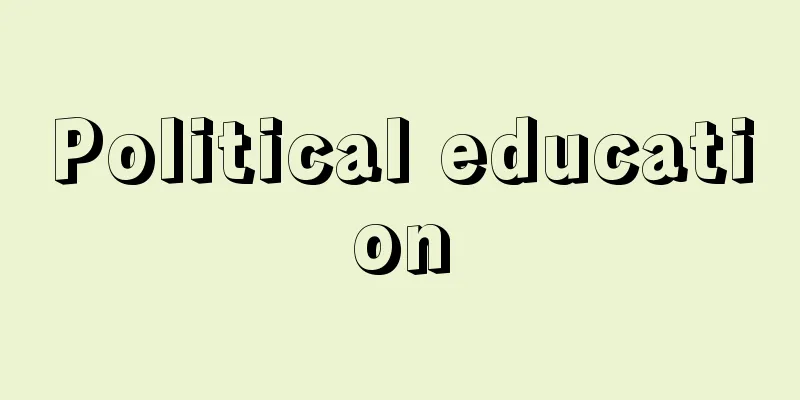
|
The meaning of political education varies depending on how one interprets "politics" as the content of education. Tanaka Kotaro interprets it in two ways: "general theories and laws concerning political ideals and reality" and "the positions and specific policies and claims of political parties and factions that exist in real society." In this case, in the former sense, political education means "education that aims to impart general basic knowledge about politics and to cultivate judgment, critical ability, and conviction regarding real politics," while in the latter sense it means "education that is conducted to instill a specific political consciousness and political ideology in members of society." For example, this includes education conducted by political parties, labor unions, various political associations, social organizations, etc. [Tadayuki Hayashi] Political Education in the Fundamental Law of EducationArticle 8 of the Fundamental Law of Education, which established the basic principles of democratic education after the Second World War, stipulates the following about political education: "Political literacy necessary for a sensible citizen must be respected in education" (Article 1), and "Schools established by law must not engage in political education or other political activities to support or oppose a specific political party" (Article 2). Article 1, based on the principle of freedom of education, emphasizes the importance of cultivating the political insight necessary for members of the nation and society (citizens). This refers to political education in the broad sense mentioned above. Article 2, based on the principle of political neutrality in education, prohibits schools, as public educational institutions, from instilling the political consciousness or political views of a specific political party or faction in their students. Political education in this narrow sense is excluded from school education. However, when trying to actually carry out political education, one encounters various problems and difficulties. These appear particularly in the relationship between the state and education. The state aims to realize its political values through political power, and aims for the survival and development of the state = political system. Education is incorporated as a means to this end. Modern states have placed education under state control and consideration as public education. In this way, education comes legally under the control of the state. In this case, the standards set by the state (for example, the "Course of Study") claim to be the only legitimate ones, and political education that deviates from or violates them is condemned as so-called "biased education" under the pretext of ensuring political neutrality. Political education that takes up real political issues as teaching materials and aims to develop students into citizens with true judgment and critical abilities naturally has to criticize real politics, which is seen by the state authorities as education for a particular ideology. In such cases, the state will try to eliminate such education, even by exercising its power, which involves physical coercion. However, conversely, the state also has the danger of defending a particular ideology and trying to sneak it into public education, while citing the principle of political neutrality in education. It goes without saying that education that injects a particular political consciousness or political ideology, whether it is positive or negative, and whether it is by the state or by teachers, must be eliminated from public education. However, we must not be so concerned about this that we neglect the true purpose of political education, which aims to foster "the political literacy necessary to be a conscientious citizen." [Tadayuki Hayashi] "The Thought and Structure of Modern Education" by Teruhisa Horio (1971, Iwanami Shoten) " ▽ "The Six Laws of Education" (1986, Sanseido) edited by the Committee for the Study of the Six Laws of Education [Reference] | |Source: Shogakukan Encyclopedia Nipponica About Encyclopedia Nipponica Information | Legend |
|
政治教育とは何かということは、教育の内容として「政治」をどう解するかによって、その意味内容が異なってくる。田中耕太郎はそれを「政治の理念や現実に関する一般的な理論や法則」と「現実の社会において存在する政党政派の立場や具体的な政策・主張」という二つの意味に解している。この場合、前者の意味で政治教育とは「政治に関する一般的基礎的な知識を授け、現実の政治についての判断力、批判力、信念などを養うことを目ざす教育」を意味し、後者の意味では、「社会の成員に対して、特定の政治意識、政治的イデオロギーを注ぎ込むために行われる教育」を意味する。たとえば、政党、労働組合および各種の政治結社、社会団体などで行われる教育がそれにあたる。 [林 忠幸] 教育基本法における政治教育第二次世界大戦後の民主教育の基本理念を確立した教育基本法の第8条は、政治教育について次のように規定している。「良識ある公民たるに必要な政治的教養は、教育上これを尊重しなければならない」(1項)、「法律に定める学校は、特定の政党を支持し、又はこれに反対するための政治教育その他の政治的活動をしてはならない」(2項)と。1項は、教育の自由の原則のもとに、国家社会の構成員(公民)として必要な政治的識見を涵養(かんよう)することの重要性を説いたものである。これは、前述した広い意味での政治教育を意味する。2項は、教育の政治的中立性の原則のもとに、公教育機関としての学校がその児童・生徒に特定の政党政派の政治意識、政治的見解を注入することを禁止したものである。このような狭い意味での政治教育は、学校教育から締め出されているのである。 しかし、実際に政治教育を行おうとすると、さまざまな問題や困難性に逢着(ほうちゃく)する。それは、とりわけ国家と教育との関係において現れる。国家は政治権力によって、その政治的価値の実現を目ざし、国家=政治体制の存続と発展を目ざす。教育はそのための手段に組み込まれる。近代国家は、教育を公教育として国家の統制と配慮のもとに置いてきた。教育は、こうして合法的に国家の支配下に置かれることになる。 その場合、国家が示す基準(たとえば「学習指導要領」)が唯一の正当性を主張し、それから外れる、あるいはそれに違反する政治教育は、政治的中立性の確保という大義名分のもとに、いわゆる「偏向教育」として断罪される。現実のなまの政治問題を教材として取り上げ、児童・生徒を真の判断力、批判力をもった公民にまで育成しようとする政治教育は、当然現実の政治批判にならざるをえず、それは国家権力の側には、特定のイデオロギー教育として映る。そのとき国家は、物理的強制力を伴う権力の行使によってすらも、そのような教育を排除しようとする。しかし逆に国家も、教育の政治的中立性原則をかざしながら、特定のイデオロギーを擁護し、それを公教育のなかに忍び込ませようとする危険性をもつ。特定の政治意識、政治的イデオロギーを注入する教育は、それが積極的なものであれ消極的なものであれ、あるいは国家によるのであれ教師によるのであれ、公教育の場から排除されなければならないことは、もちろんのことである。しかしそのことをおもんぱかるあまり、本来の政治教育「良識ある公民たるに必要な政治的教養」の育成を図る教育がおろそかにされてはならないのである。 [林 忠幸] 『堀尾輝久著『現代教育の思想と構造』(1971・岩波書店)』▽『解説教育六法編修委員会編『解説教育六法』(1986・三省堂)』 [参照項目] | |出典 小学館 日本大百科全書(ニッポニカ)日本大百科全書(ニッポニカ)について 情報 | 凡例 |
>>: Geostationary orbit - synchronous orbit
Recommend
Shoyosha - Shoyosha
Also called Nashitsubo. It was so named because pe...
Possession - possession
A belief in spirits that possess humans or objects...
Azuma clan - Touji
A medieval and early modern samurai family from Sh...
Toyo Yoshida
Year of death: Bunkyu 2.4.8 (1862.5.6) Year of bir...
Space environment
The space environment encompasses a very broad and...
Gomukha
...From around the 8th century, Yakshas (demon de...
Uranometria - Uranometria
...The Italian navigator A. Vespucci's book &...
Cetanol
...A typical naturally occurring chain saturated ...
Aoyagi
[1] [noun] ① A willow with lush green leaves from ...
Salt Tax Royal Edict
...In the Middle Ages and early modern period, th...
External photon effect
…(1) Photon (quantum) effect type This type utili...
Japanese dormouse (mountain mouse)
A small rodent mammal of the mouse family native t...
Upadesha Sahasri - Upadesha Sahasri
…His main work is the Brahmasūtrabhāṣya (Commenta...
Welfare state - Fukushikoka (English spelling) welfare state
Generally speaking, it refers to a modern state t...
Otsu City - Otsu City
In the 6th year of the reign of Emperor Tenchi (66...
